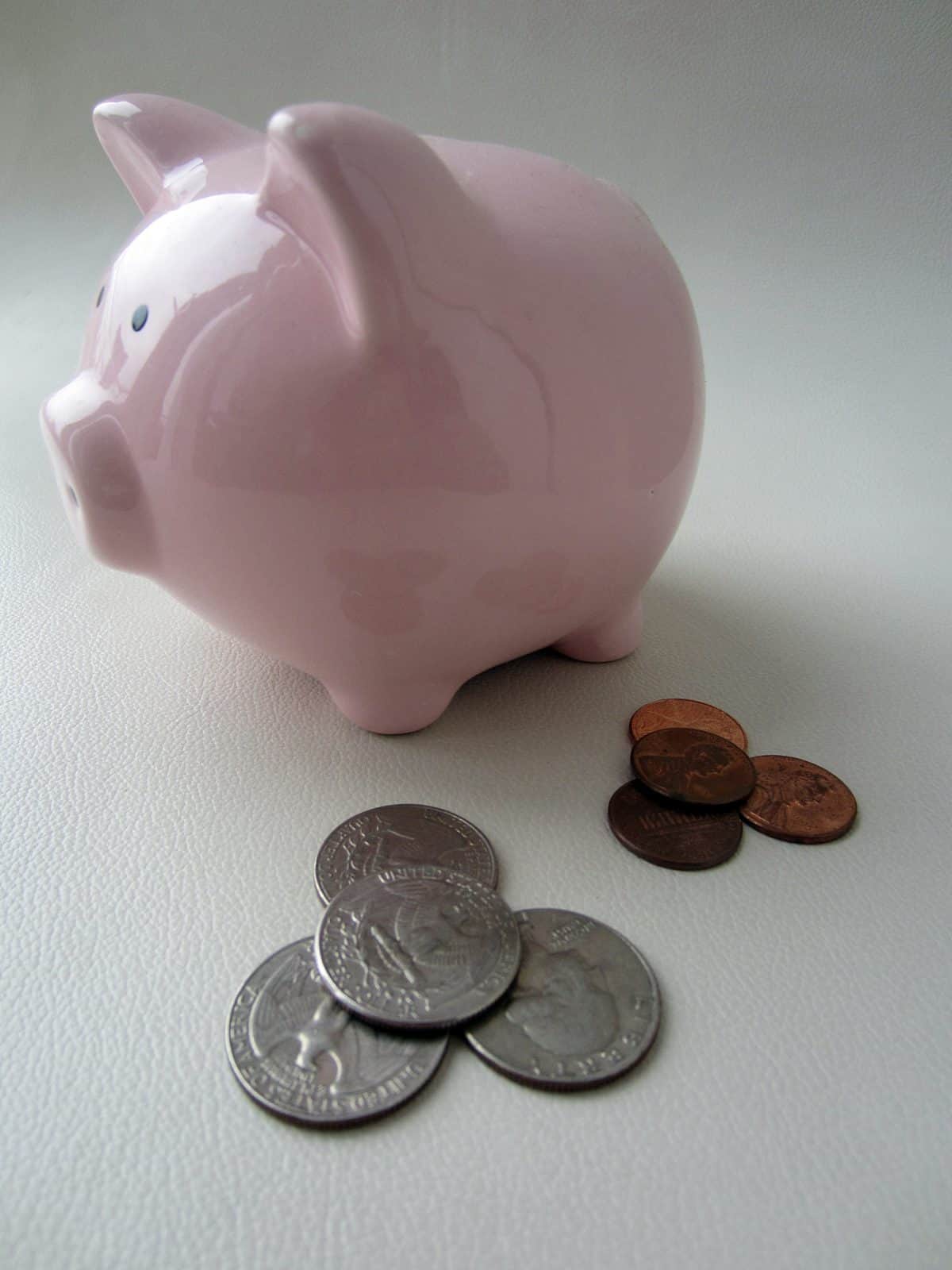Expats and bank accounts, the options can be confusing.
When you go on a holiday overseas, a bank or credit card that works anywhere in the world is typically all that you need! But if you’re going overseas to work or live, it’s a slightly different matter.
So that you don’t get slugged with large, ongoing international transaction fees and exorbitant currency conversion costs, its worth thinking about your banking situation.
So – let’s look at your options:
1. Keep your account
Especially if you’re still going to stay in touch with Australia! It may be a good idea to keep one or two of your existing accounts, especially if you have an investment property or if you fully intend to return. It will make things easier to manage and if you’ve got pre-existing direct debit arrangements in place then it makes sense to keep everything in place. That way, if you are intending to return soon, you’ll be ready to pick up where you left off.
Advice: talk to your bank before you depart Australia about whether they offer services for Australian expats. Take some time to learn just what level of fees they charge for such things like the use of international ATMs, currency conversion costs, fee-free options etc.
2. Open an international account
Consider opening an international bank account. This may be an option offered by your bank already, but if not, shop around as plenty of banks do! These accounts may be interchangeably used and operated from Australia as well as overseas, helping you do things like manage foreign currency! Be aware though that there may be extra fees involved and you may leave yourself exposed to exchange rate ups and downs, so make sure you check.
Benefit: this option can be a good idea because it means that, if you have issues and need help, you can get in touch with Australians who understand your particular situation.
3. Open a local account
If you really think your move is going to be permanent, biting the bullet and opening a local account is probably the best idea. Once you’re certain that your new place of residence will be for an extended time, you’ll be able to shop around for the best banking products with the lowest fees. It’s also worth considering opening a local credit card so that you start to build a local credit profile. This will help with the ability to secure future finance and/or borrowings if ever you need to.
Finally: the decision to do some or all of the above will depend on your particular circumstances. So if in doubt, make sure you always seek the best possible expert help. And, if you have some questions, or need some tax help or advice, just send us a message at info@expattaxes.com.au as we’re always happy to assist.
- Potential AUD Exchange Rate Impacts Of Inflation & Interest Rates - 30/10/2024
- Overdue Tax Returns? Here’s How to Catch Up - 15/09/2024
- Demystifying PFICs for Australians in the United States - 12/04/2024



